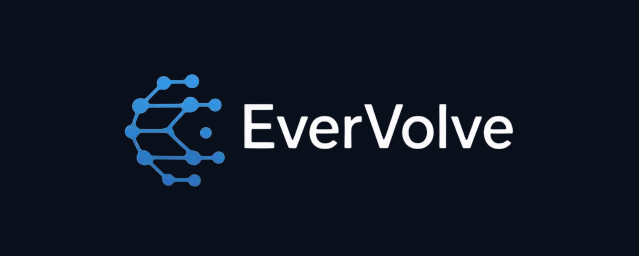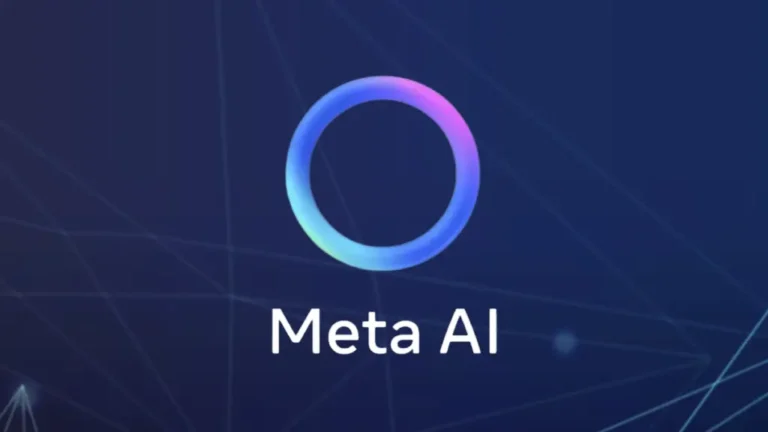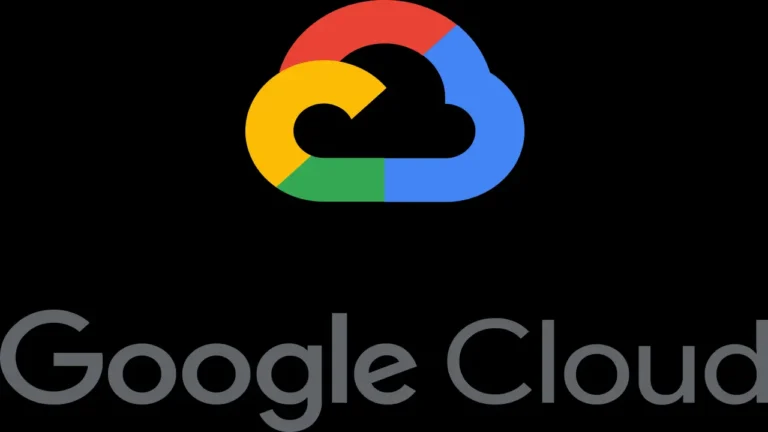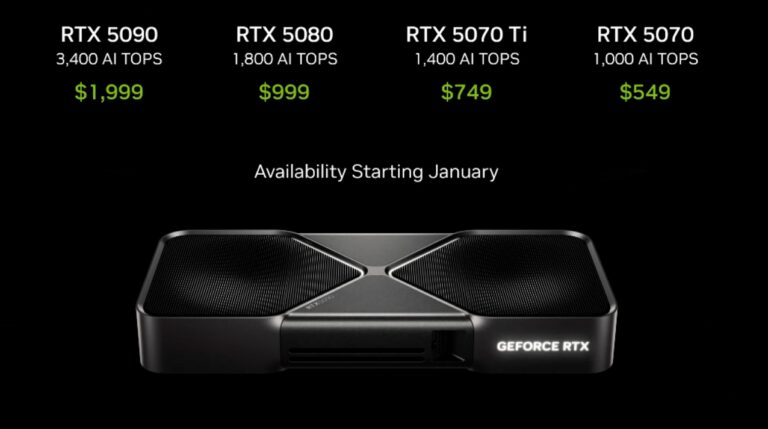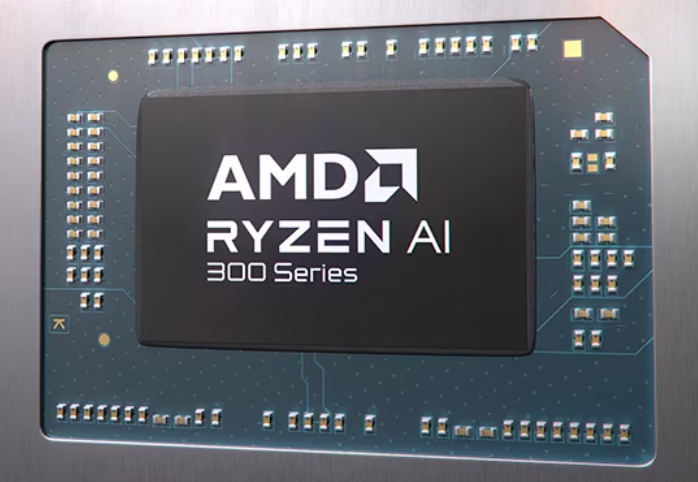Landmark Ruling Forces Google to Share Search Data, Reshaping AI and Search Competition
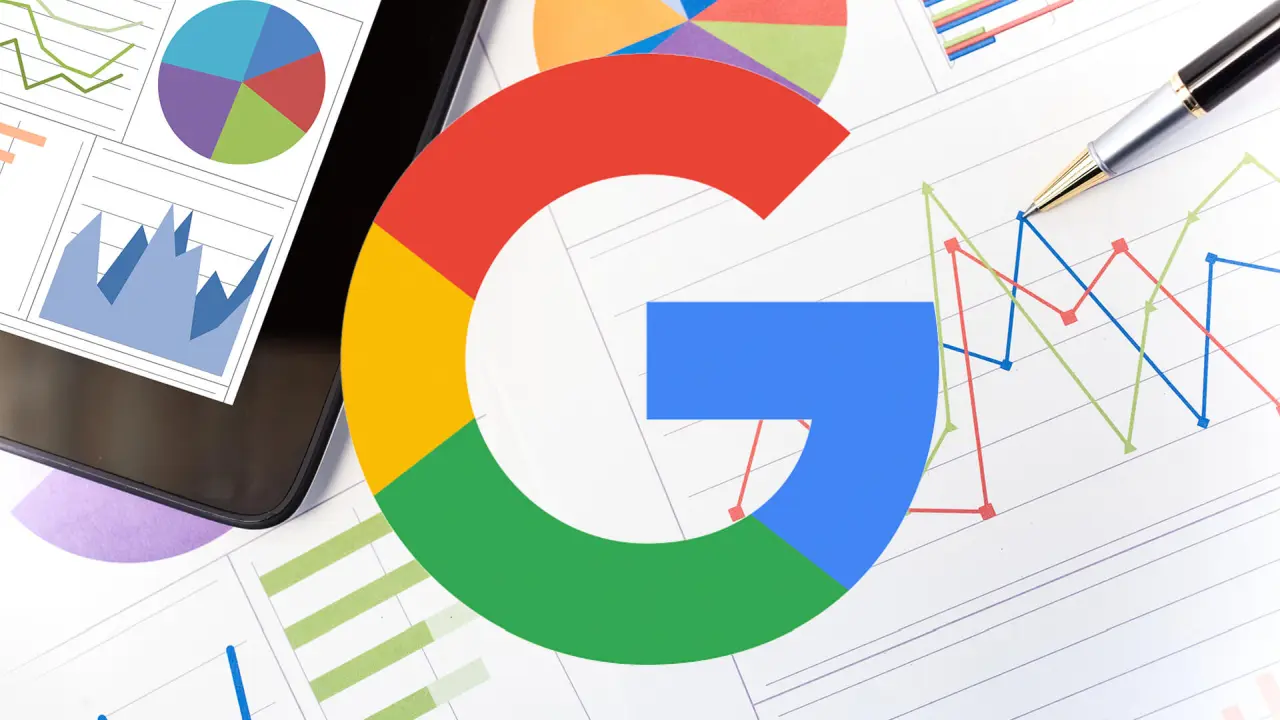
In a watershed moment for the technology industry, a U.S. federal judge has ordered Google to share critical search data with its competitors, marking a significant step in addressing monopoly power in the digital age. The ruling, handed down by U.S. District Judge Amit Mehta on September 2, 2025, comes after a long legal battle focusing on Google’s dominance in online search and the emerging importance of artificial intelligence (AI) technologies. While Google avoided more drastic demands such as selling its Chrome browser or Android operating system, the decision opens new doors for competition and innovation in search and AI fields.
Background of the Case
The legal saga began in 2020 when the U.S. Department of Justice (DOJ) filed an antitrust lawsuit against Google, accusing the company of maintaining an illegal monopoly in the online search market. At the heart of the lawsuit were Google’s practices of locking in its search engine as the default on numerous devices and browsers through exclusive paid agreements with major manufacturers like Apple, Samsung, and carriers such as Verizon and AT&T. By controlling these default placements, Google allegedly stifled competition and limited consumer choice.
In 2024, Judge Mehta ruled that Google did indeed hold an unlawful monopoly in search and related advertising. The question then became what remedies would be appropriate to restore fair competition without causing undue harm to consumers or innovation.
The Ruling and What It Means
On September 2, Judge Mehta ruled that Google must share several types of search data with “qualified competitors” including AI companies developing competing search technologies. This data encompasses the search index (URLs, crawl dates, spam signals), user interaction data (click data known as “Glue”), and deep learning semantic understanding data (“RankEmbed”). This sharing aims to enable competitors to build and train competitive search and AI products using data previously exclusive to Google.
However, the ruling rejected the DOJ’s demand that Google sell off its Chrome browser and Android operating system. The judge deemed such forced divestitures “not appropriate” in this case, acknowledging that these assets are critical for functionality and consumer welfare. Google was also barred from entering into exclusive contracts that block competitors from preloading or becoming default options but remains able to pay partners for default placements.
This nuanced ruling reflects the complexities of regulating technology giants in a way that encourages competition while maintaining a stable ecosystem. The court recognized the growing threat to traditional search from generative AI chatbots like OpenAI’s ChatGPT and Perplexity, which users increasingly turn to for information. The data-sharing order is designed to level the playing field, giving AI startups and rival search engines the data needed to compete effectively.
Reactions from Google and Industry
Google reacted with caution, expressing concern about the potential privacy implications and the risk that competitors could reverse-engineer its proprietary technology. The company announced plans to appeal, indicating that any compliance with the ruling could take years. CEO Sundar Pichai had earlier testified about the risk that sharing search data might unravel the technical groundwork behind Google’s success.
Despite Google’s reservations, major players in AI and tech innovation see opportunity. Companies like OpenAI, Anthropic, Microsoft, and startups such as Perplexity stand to benefit from access to Google’s valuable data pool, which could accelerate their development of competitive AI-powered search engines and browsers. Microsoft, for example, might boost Bing’s market share using new data insights, while Apple, often considered a laggard in AI innovation, could seek a larger role in search.
Market and Consumer Impact
The ruling was viewed positively by the Department of Justice and many consumer advocates as a crucial step toward breaking Google’s long-standing dominance in search markets. The DOJ emphasized that the decision prevents Google from applying the same anticompetitive practices it used in search to the nascent generative AI market.
Financial markets reacted strongly on the announcement day—Google’s parent company Alphabet’s shares jumped over 8%, reflecting relief that the company avoided the drastic remedy of selling Chrome, its popular web browser. Apple’s stock also rose, given the ruling allows Google to continue paying it billions annually to keep Google Search as the default on iPhones.
For consumers, the ruling promises more choice and innovation in search and AI technologies over time. With Google’s privileged access to search data curtailed, rival companies have a better shot at developing products that could challenge Google’s dominance, which has persisted for over a decade.
Looking Ahead: Challenges and Uncertainties
While the ruling is a landmark, several challenges remain. The specifics of how Google will share its complex search data are yet to be fully defined, and Google’s appeal could delay implementation for years. Furthermore, sharing data alone does not guarantee competitors will match Google’s scale or quality overnight. Building effective search algorithms and AI systems requires not only data but expertise, infrastructure, and user trust.
Moreover, Google will still be able to pay for default placements, retaining some advantage in distribution. Critics argue that this could soften the remedy’s impact on competition. Additionally, the ruling does not extend to advertising technology markets where Google also faces separate legal battles.
Conclusion
The September 2025 ruling compelling Google to share its search data represents a pivotal moment in antitrust regulation for the digital economy. It acknowledges the critical role that data plays in shaping AI and search competition while balancing the need to preserve a functional technology ecosystem.
This balanced yet bold action may inspire new rivals and innovations in AI-powered search, challenging Google’s long-standing monopoly. However, the final impact will depend on ongoing legal proceedings, the concrete details of data-sharing mechanisms, and the competitive responses from both Google and its rivals.
As the battle for AI and search supremacy intensifies, this ruling sets a precedent for addressing monopoly power in the age of generative AI, signaling a new chapter in how Big Tech is governed for the benefit of innovation and consumers alike.
Enjoyed this post?
Subscribe to Evervolve weekly for curated startup signals.
Join Now →
